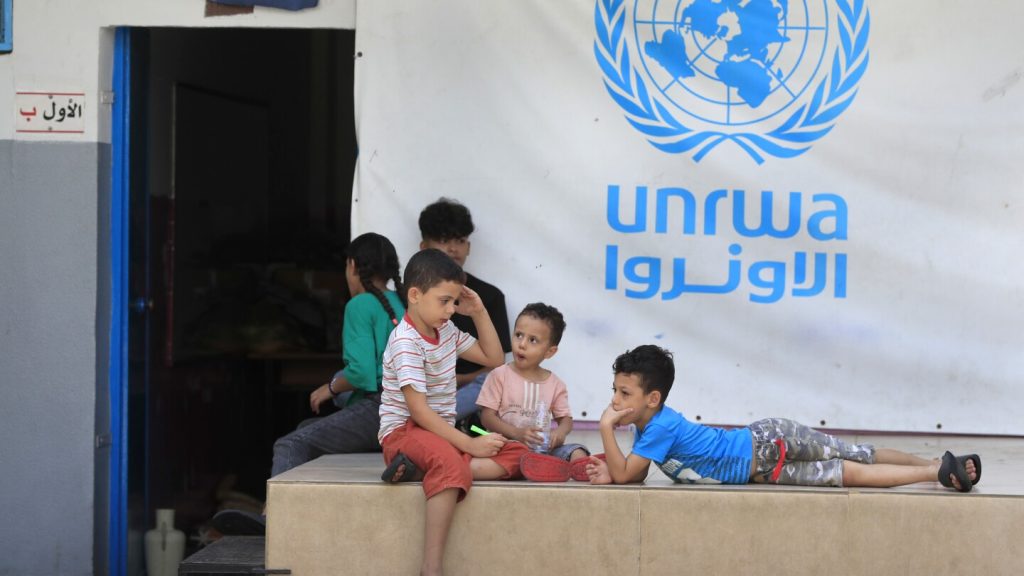An independent review of the neutrality of the U.N. agency helping Palestinian refugees, UNRWA, found that Israel had never expressed concern about anyone on the staff lists it received annually since 2011. The review was conducted after Israel alleged that a dozen employees of the agency had participated in Hamas’ attacks on Oct. 7. The report highlighted serious gaps in implementation of neutrality procedures at UNRWA, including staff expressing political views, problematic content in textbooks, and disruptions by staff unions. The panel made 50 recommendations to improve UNRWA’s neutrality and cited a significant increase in allegations of neutrality breaches from 2017 to 2022.
Regarding the neutrality of staff, the panel led by former French Foreign Minister Catherine Colonna stated that UNRWA shares staff lists with host countries, but Israeli officials never raised concerns about them. The report noted that Israel accused a significant number of UNRWA employees of being members of terrorist organizations based on Palestinian identification numbers, but no supporting evidence was provided. U.N. Secretary-General Antonio Guterres appointed the panel to review UNRWA’s neutrality, while a separate investigation by the Office of Internal Oversight Services is looking into the Israeli allegations of staff involvement in attacks. The suspension of contributions to UNRWA by the United States and other countries due to Israel’s accusations led to a funding pause worth about $450 million.
Israel’s Foreign Ministry criticized the Colonna report for not addressing the extent of Hamas’ infiltration of UNRWA and called on donor countries to refrain from funding the organization. However, Colonna urged Israel to consider the report’s recommendations, emphasizing the critical role of UNRWA in providing essential services to Palestinian refugees in Gaza, Jordan, Lebanon, Syria, and the West Bank. The report stressed the importance of UNRWA’s work in the absence of a political solution to the Israeli-Palestinian conflict, highlighting its role in humanitarian aid and education for refugees.
The report’s recommendations include steps to combat politicization within UNRWA staff and unions, providing staff lists with ID numbers to host countries for screening, enhanced oversight of leadership and operations, and a zero-tolerance policy for antisemitism in textbooks. UNRWA’s Commissioner General Philippe Lazzarini emphasized the agency’s commitment to implementing the recommendations to safeguard neutrality. With concerns about a humanitarian crisis in Gaza and the potential for famine, experts warned against dismantling UNRWA and highlighted the urgency of addressing the region’s humanitarian needs. The review process involved consultations with multiple stakeholders, including UNRWA staff in Gaza, and aims to strengthen the agency’s operations for better neutrality and effectiveness.


